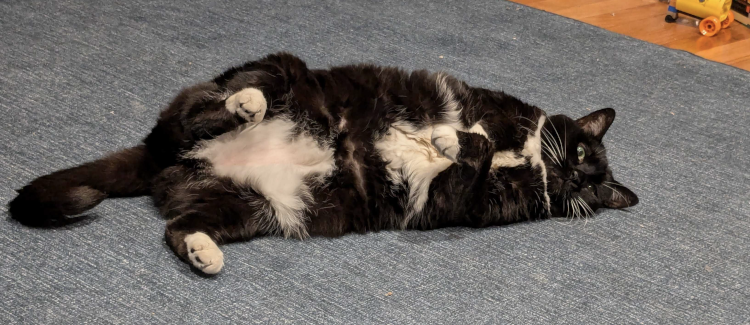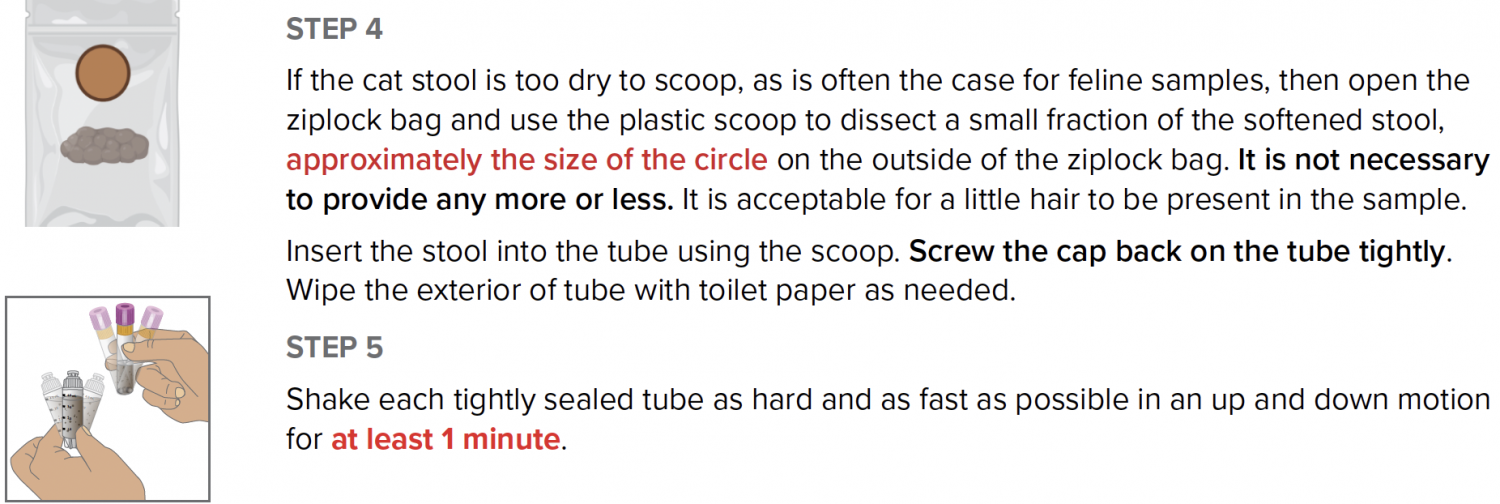Nearly 2/3 of adult domestic cats are overweight or obese in the United States, which is a major risk factor for some of their most common and dangerous co-morbidities, including diabetes and kidney disease. The response to dietary interventions varies in cats; approximately half fail to lose substantial weight even after calorie restriction. In human studies, the gut microbiome has recently been shown to be a contributor both to obesity and to personalized dietary responses such as weight loss, blood glucose levels, and lipid uptake - even in response to the same foods among different individuals. Previous studies in domestic cats have been primarily observational and lack molecular details and insights about the role of the gut microbiome. As such, our group at the Harvard T. H. Chan School of Public Health is working with veterinarians at MSPCA-Angell Boston and Boston Cat Hospital to establish the microbiome as a mediator of successful weight loss in response to dietary intervention in domestic cats. We're grateful for support of the study from the Morris Animal Foundation.
We are recruiting cats who have or have not lost weight in response to dietary change. Cats are considered to have "responded" if they lose at least 10% of their original weight when given a weight-management diet; otherwise they are "non-responders." We use DNA from stool samples to measure whether the microbiome (the collection of bacteria, viruses, and other organisms that live natively in the gut) has contributed to the response (or not) to a new diet. In the long term, this research lays the foundation for future modifications of the gut microbiome by targeted probiotics or supplements to directly prevent or ameliorate feline obesity.

If your cat has been placed on a calorie-restricted diet and meets the eligibility criteria, we would love for you to participate! Cats are eligible if they have been previously placed on a weight-loss diet by their veterinarian after being diagnosed as overweight or obese. Any reduced-calorie diet qualifies (including prescription foods, over-the-counter, or the same diet with reduced intake). Cats are eligible whether or not they lost weight! However, they must be indoor only; between the ages of 4-11; have no known gastrointestinal disorders (e.g. chronic diarrhea); and have not received antibiotics within the last six months.
For eligible cats, we ask owners to review and sign a consent form, after which you'll be provided with a sampling kit that includes tools for stool collection, detailed (but simple!) instructions for collection, and a questionnaire to collect information about your cat's health and diet. All information is provided and stored through a secure web platform managed by the Harvard Chan School. Kits come with a prepaid return shipping label, so participation is completely free for you!

To participate in this study, please email our study co-ordinator Mifrah Hayath (mifrahhayath@hms.harvard.edu). More information is also available on our virtual flyer. Please do not hesitate to reach out with questions about eligibility or participation, and do share the word with fellow cat enthusiasts!
